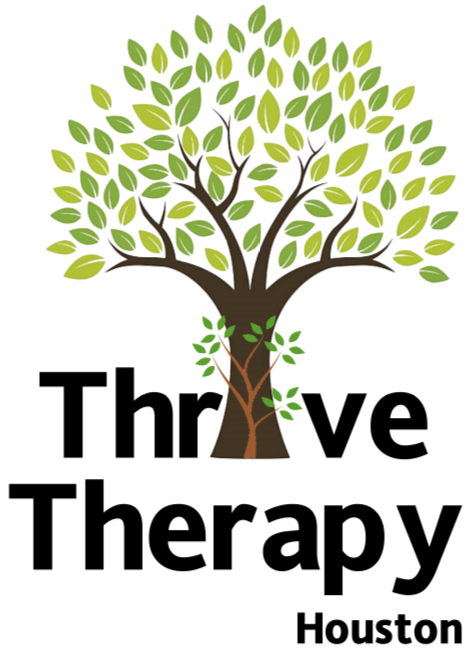Trauma-Focused Cognitive Behavioral Therapy
Trauma-Focused Cognitive Behavioral Therapy (TF-CBT) is a skills- and strengths-based treatment model that is developed to help children, teenagers, and their parents to recover from the impacts of trauma (Cohen, Mannarino, & Deblinger, 2017). TF-CBT integrates trauma-informed interventions, cognitive behavioral therapy principles, and components of attachment, neurobiology, family systems, and humanistic models of therapy to address a variety of needs that clients have after experiencing a traumatic incident.
Research shows that TF-CBT successfully resolves a broad array of emotional and behavioral difficulties
Schedule an appointment online:
TF-CBT is an empirically supported approach to address PTSD symptoms, depression, anxiety, and related behavioral and emotional issues (Cohen, Mannarino, & Deblinger, 2017). TF-CBT focus on trauma and related symptoms from the beginning of the treatment process. However, it is based on gradual introduction of different components in different phases. There are eight total components that are listed under three different phases. Phase 1 is the stabilization and skills building phase and it has four components: psychoeducation and parenting skills, relaxation, affective modulation, and cognitive coping. Phase 2 is called trauma narration and processing, which has one component named same as the phase. Phase 3 is the consolidation and closure phase. The three components under this phase are in vivo mastery of trauma reminders, conjoint child-parent sessions, and enhancing future safety and development.
Research studies on TF-CBT has consistently supported the effectiveness of this treatment modality to treat PTSD symptoms in children and adolescents (Konanur, Muller, Cinamon, Thornback & Zorzella, 2015; Jensen et al., 2014; Lewey et al., 2018; Zorzella , Muller, & Cribbie, 2015). Research support qualified TF-CBT as an evidence-based intervention for children and teenagers between ages 3 and 18 (California Evidence-Based Clearinghouse for Child Welfare, n.d.).
LEARN MORE: About TFCBT Handout
LEARN MORE: TF-CBT Brochure
References
Child Welfare Information Gateway. (2018). Trauma-focused cognitive behavioral therapy: A primer for child welfare professionals. Washington, DC: U.S. Department of Health and Human Services, Children’s Bureau.
Cohen, J. A., Mannarino, A. P., & Deblinger, E. (2017). Treating trauma and traumatic grief in children and adolescents, (2nd edition). New York: The Guilford Press.
Cohen, J. A., & Mannarino, A. P. (2015). Trauma-focused cognitive behavioral therapy for traumatized children and families. Child and Adolescent Psychiatric Clinics of North America, 24(3), 557–570. doi: 10.1016/j.chc.2015.02.005
Lenz, A. S., & Hollenbaugh, K. M. (2015). Meta-analysis of trauma-focused cognitive behavioral therapy for treating PTSD and co-occuring depression among children and adolescents. Counseling Outcome Research and Evaluation, 6, 18–32. doi: 10.1177/2150137815573790
